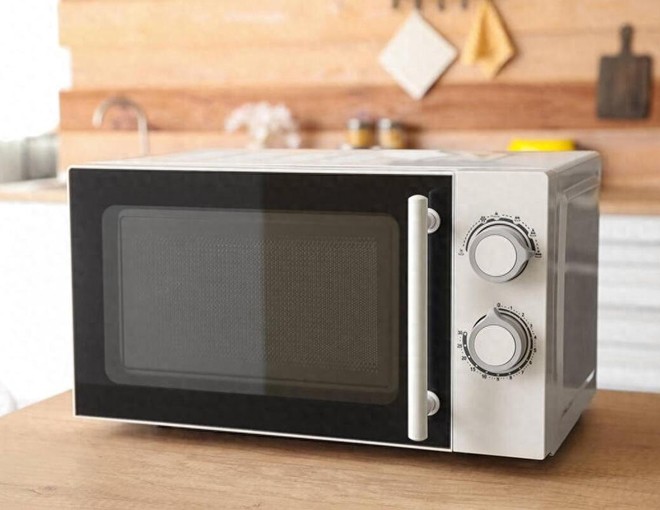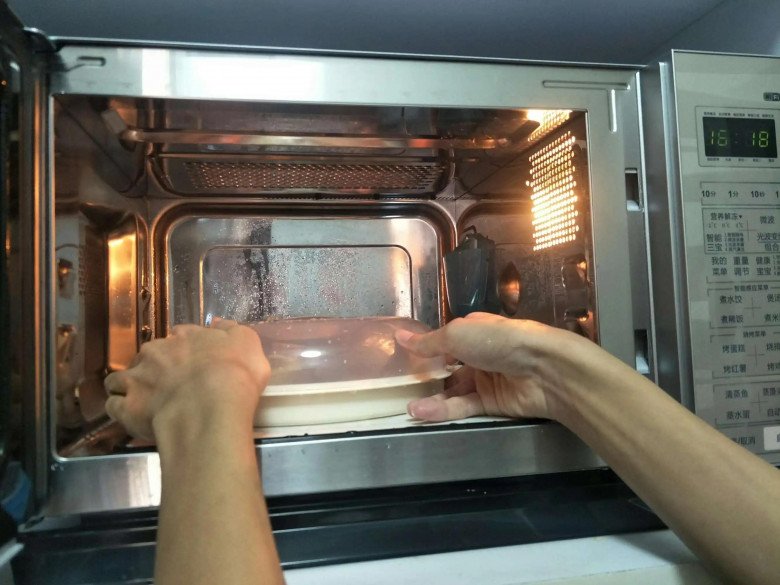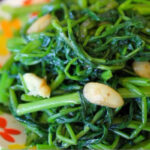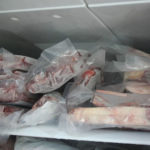Microwaves are a convenient way to reheat leftovers, but many people are choosing not to use them. Why is this the case? Here are four reasons why:

1. Noise Pollution
Microwaves emit a loud humming noise during operation, which can be annoying for those sensitive to noise. This can disrupt the peace and tranquility of your home, especially during quiet hours.
2. Safety Concerns
Some people avoid using microwaves due to safety concerns. While manufacturers have implemented safety measures, accidents can still happen. Certain materials, such as metal and aluminum foil, can cause sparks and even fires. Additionally, heating eggs in their shells, milk, berries, and hard-shelled foods like oysters can lead to explosions as the heat builds up with no way to escape.

Microwaves heat food by agitating water molecules, generating heat. However, this process can break down or destroy essential nutrients in your food due to the intense radiation. For example, vitamins and antioxidants are susceptible to degradation at high temperatures, reducing the nutritional value of your meals.
Furthermore, foods high in nitrates, such as cured and smoked meats, can undergo a transformation when heated in a microwave. Nitrates can turn into nitrosamines, which have been linked to cancer, posing a potential health risk to your family.
Microwaves primarily serve the purpose of reheating food. However, modern kitchen appliances offer a range of functions, including defrosting, steaming, and frying. For those seeking versatile and intelligent kitchen solutions, the microwave’s singular function may seem outdated and insufficient.
“Should You Boil or Stir-Fry Your Veggies? 5 Veggies You Should Never Boil and Why”
“Are you aware of the nutritional differences between stir-frying and boiling your vegetables? It’s time to uncover the truth and discover which cooking method retains the most nutrients. This article will delve into the science behind these two popular cooking techniques and provide insights into how you can maximize the nutritional value of your meals. It’s an eye-opening exploration that will change the way you cook forever.”
The Ultimate Guide to Meat Storage: Avoiding the Common Pitfalls
“There are many misconceptions about meat storage that can potentially harm your health. Proper meat storage tips include washing fresh meat before refrigeration, adjusting the temperature accordingly, not storing meat in the fridge for too long, and ensuring your hands are clean before handling meat.”





































